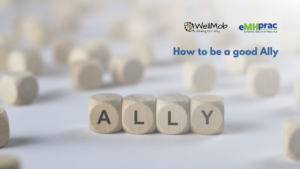It is 1 year after the referendum to enshrine an Aboriginal and Torres Strait Islander Voice to Parliament was defeated. It’s a good time to reflect on our own experiences and perceptions both in practice and in our own lives.
Referendum outcome
Despite the disparate views promoted in the media, voting data reveals that over 70% of Indigenous communities backed the yes campaign1. And the 40% ‘yes’ vote from the overall population and groundswell of non-Indigenous ‘yes’ campaigners’ indicate there is significant support for Indigenous self-determination in this country2.
What has it meant for Indigenous Australians
There has been a substantial rise in threats, abuse, vilification, and hate speech against First Nations peoples, both in person and online3. Many First Nations people have experienced psychological distress on top of the undercurrent of stress from regular discrimination4.
If you have a First Nations client experiencing racism or want to know more about how to respond to it, eMHPrac’s WellMob website team have produced a Resource Sheet on Racism resources.
What does it mean for you?
As health practitioners you have a responsibility to understand how the social determinants of health and colonisation continues to disadvantage First Nations peoples. Building your local cultural knowledge and engaging with ‘truth telling’ can improve your delivery of culturally safe and strengths-based care for your First Nations clients. Understanding more about First Nations culture and peoples can also enrich your own sense of connection and purpose in the community you live and work.
How can I support First Nations peoples?
As well as educate yourself and help tackle racism, you can support First Nations peoples in other ways. As part of your reflective practice, you can also explore the concept of ‘cultural humility’ and your own unconscious bias, power and privilege.
Many of these topics are explained in some new resources developed by eMHPrac’s WellMob team to give you practical tips on how to be a good ally to First Nations people:
For an easy 30 minute listen
For professional development
For a list on online resources
For a quick read
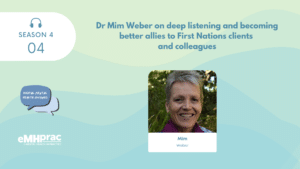
Digital Mental Health Musings S4E4
Dr Mim Weber on deep listening and becoming better allies to First Nations clients and colleagues
How to be a Good Ally to First Nations Peoples
How to be a good ally resources
1 SBS, 15 October 2023 found at https://www.sbs.com.au/nitv/article/the-referendum-for-a-voice-to-parliament-failed-but-what-outcome-did-most-indigenous-voters-support/i2reavyqn
2 Australian National University, 28 October, 2023 found at https://csrm.cass.anu.edu.au/sites/default/files/docs/2023/11/Detailed_analysis_of_the_2023_Voice_to_Parliament_Referendum_and_related_social_and_political_attitudes.pdf
3 The Lancet, October 21, 2023 found at https://www.thelancet.com/journals/lancet/article/PIIS0140-6736(23)01954-2/fulltext
4 ABC News, 26 September 2023 found at https://www.abc.net.au/news/health/2023-09-29/dealing-with-distress-and-poor-mental-health-during-the-voice/102907152



